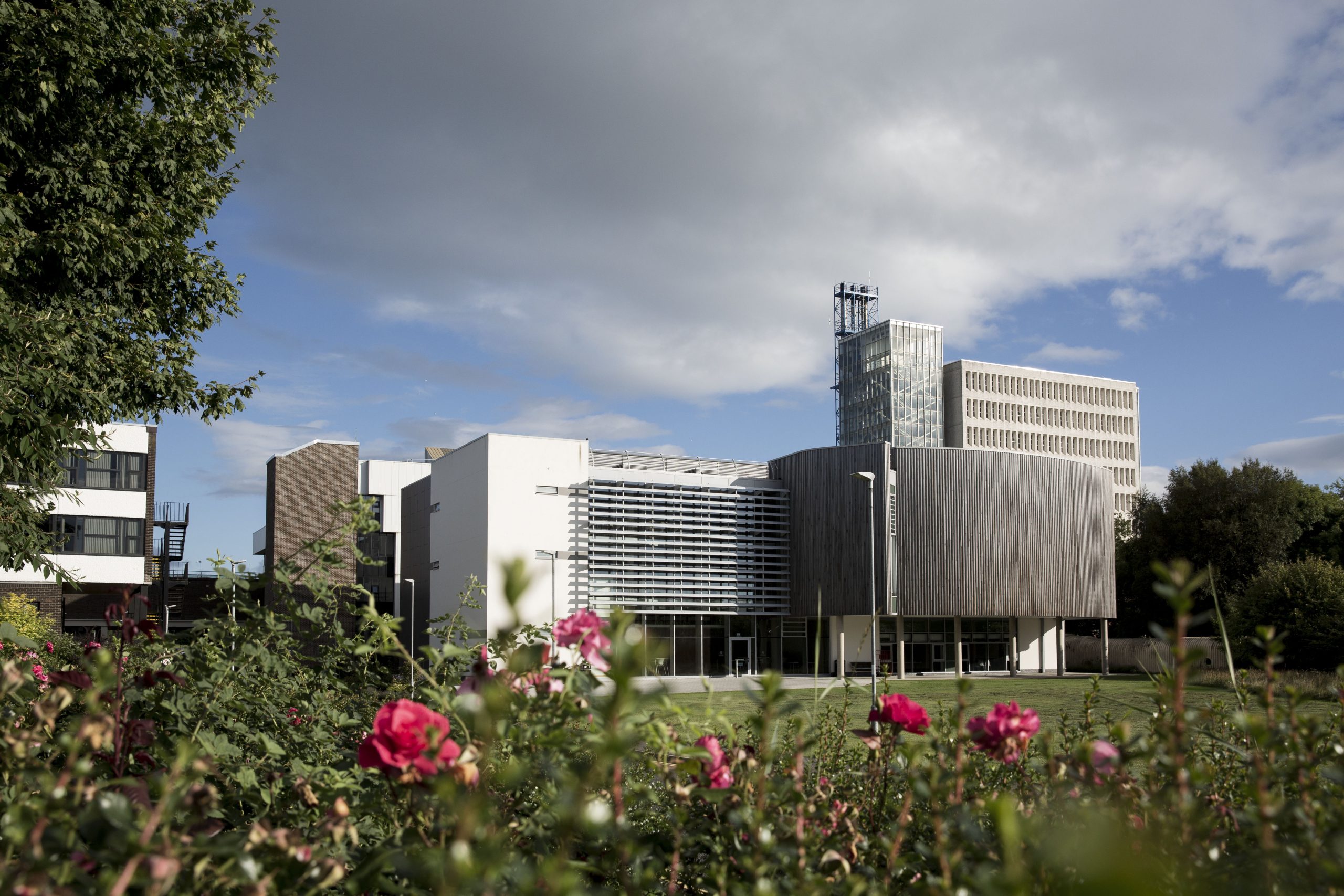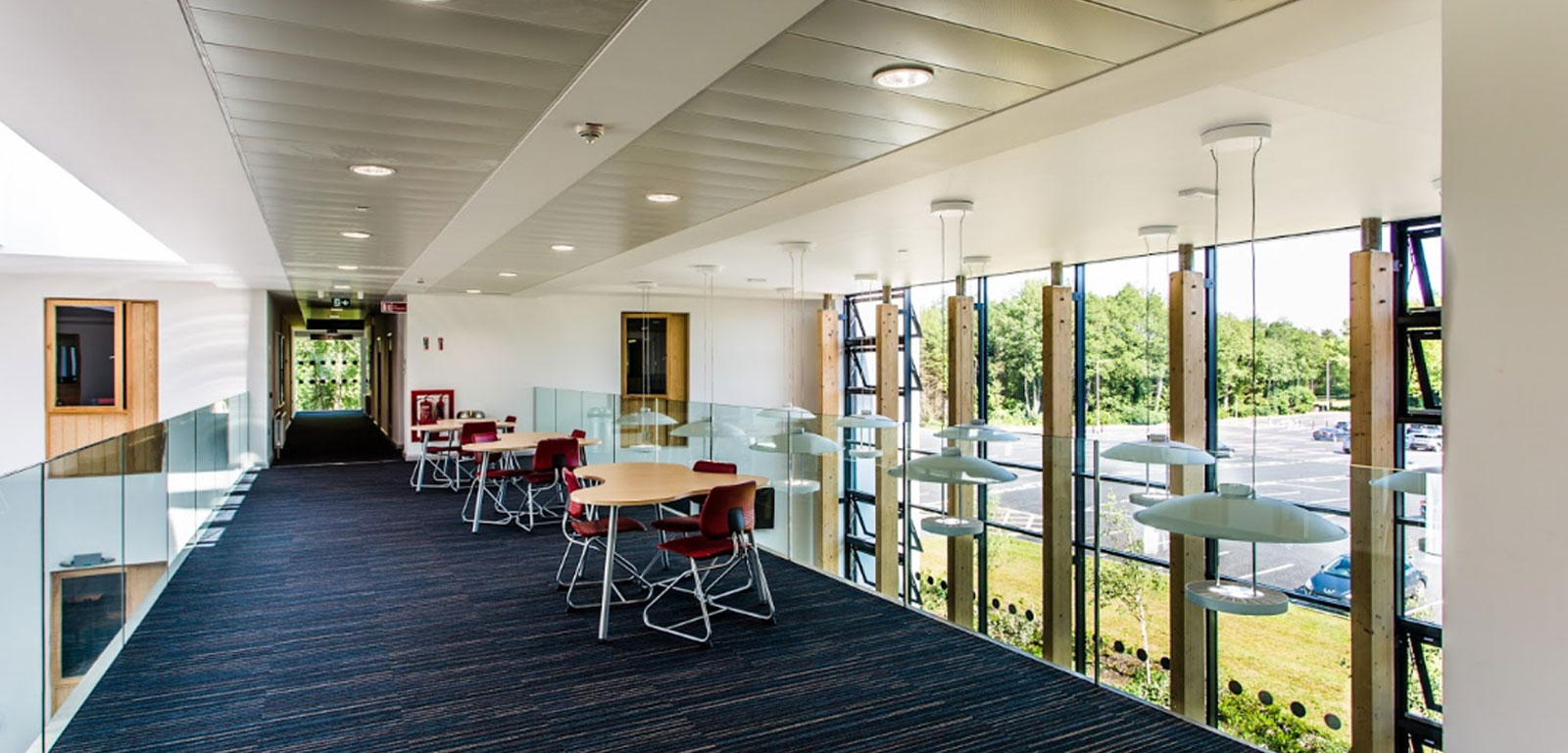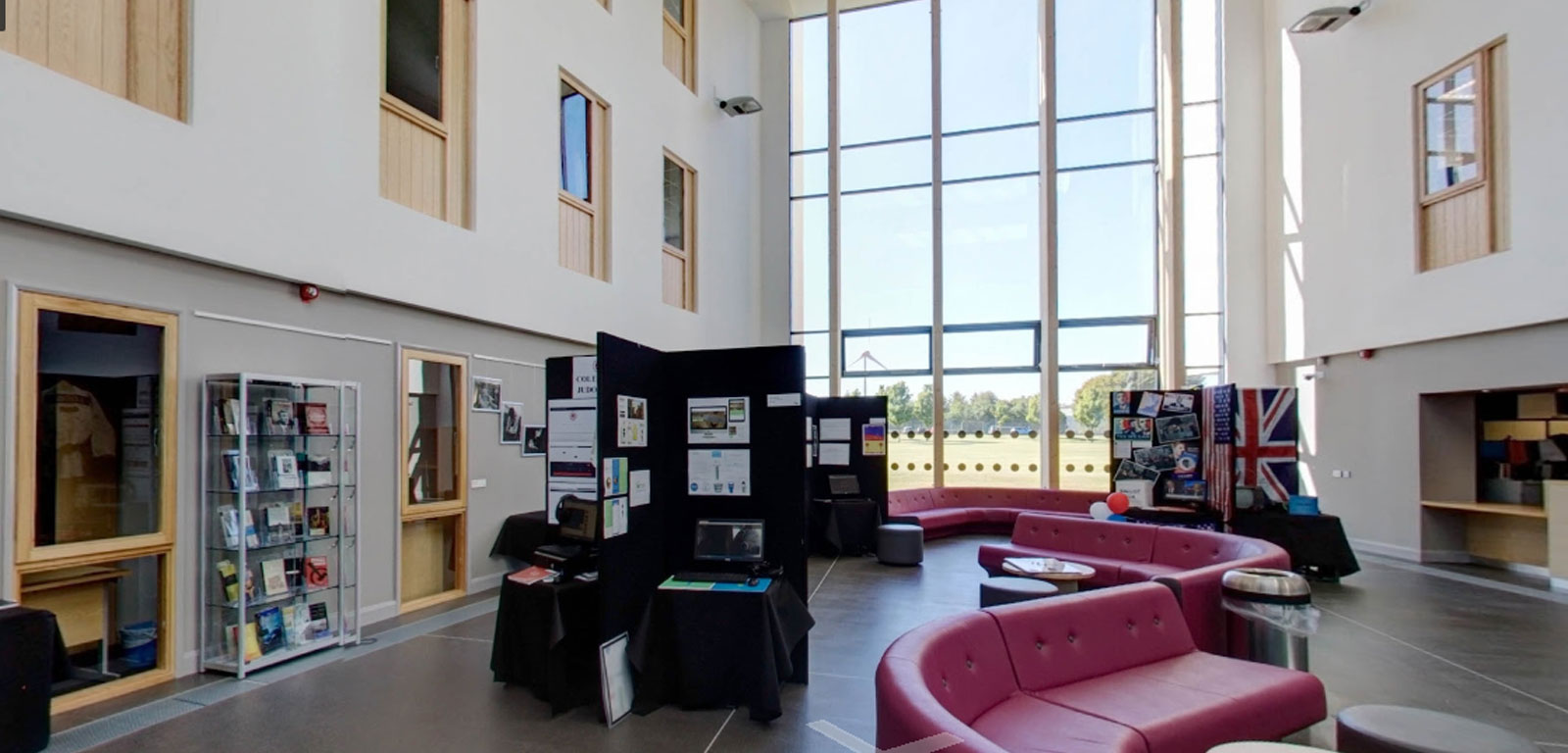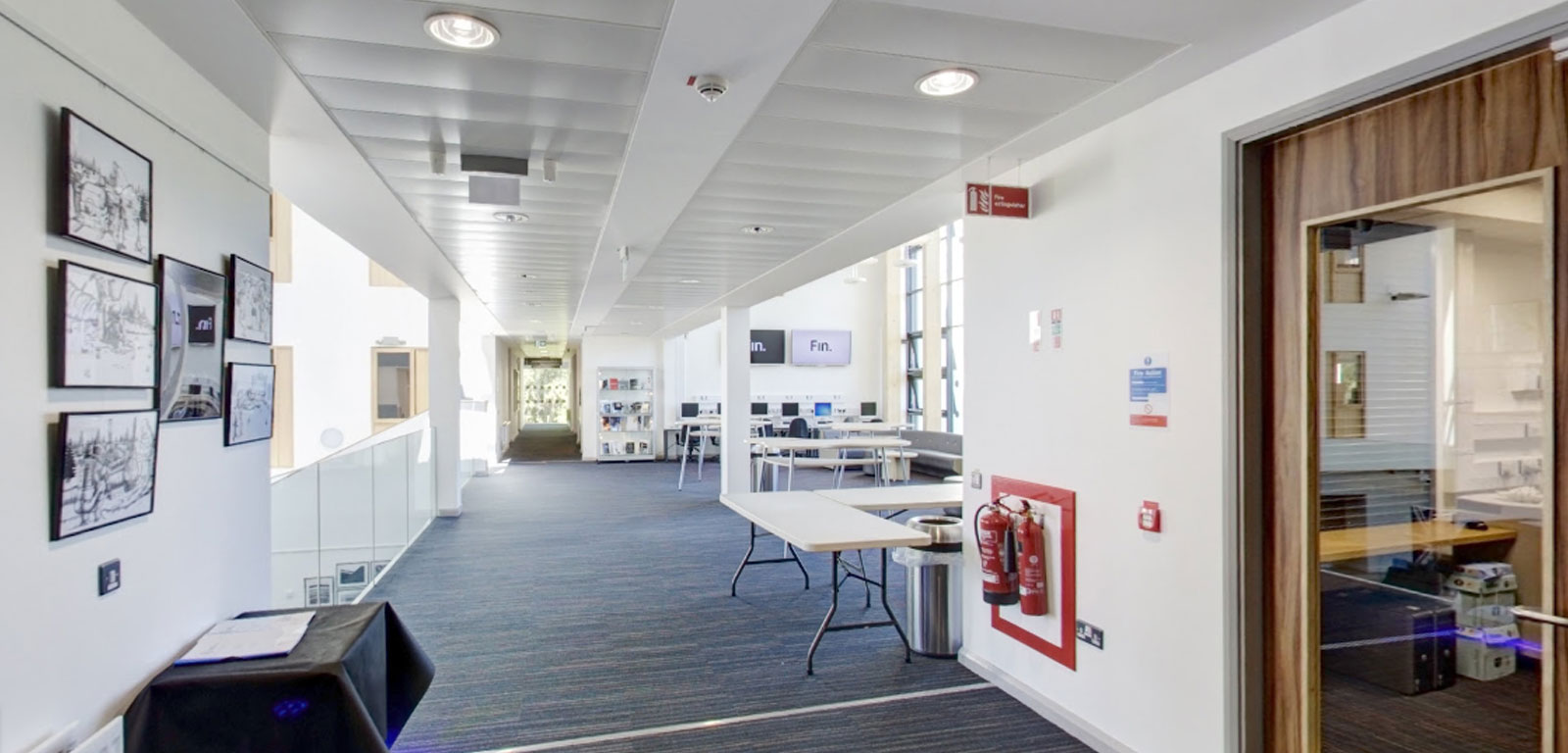📖Program Curriculum
Year one
Public Administration and Governance
Year: 1
This module is designed to examine the activities of public servants and structures of government within a changing administrative landscape which has witnessed the decline in the traditional forms of bureaucracy and seen the emergence of a differentiated polity influenced by developments in the private sector. The relevance of traditional principles of public administration - public accountability, equity and legality, are being challenged by the adoption of management tools and techniques described broadly as Public Management. This module considers the impact of modernisation within and across the various tiers of government.
Research methods and Skills
Year: 1
The Research Methods module has a direct link to the students' preparation for their Master's research project. The module considers the key research strategies and designs in the field pf public administration and then examines various quantitative and qualitative research methods. Central to the module is practical skills acquisition using data analysis software packages to interrogate primary data sets in the public administration. The module concludes with an examination of ethical issues which must be considered in advance of embarking on primary research in the project.
Comparative Public Administration
Year: 1
This module provides the mechanism to draw together theoretical materials studied during the Postgraduate Certificate stage of the programme and apply these to real-world issues. Hence, topical issues such as: Delivering Social Change; reforms in primary and post-primary education; the implementation of the Review of Public Administration; local government reorganisation; and, community planning, will provide opportunities for a discussion of contemporary issues facing the public sector in Northern Ireland and beyond. Given the composition of the student body (public sector officials), the module offers an opportunity for them to link theory and practice.
Policy Analysis
Year: 1
Policy analysis is concerned with how issues and problems come to be defined and constructed and how they are placed on the political and policy agenda of governments. But it is also the study of how, why and to what effect governments pursue particular courses of action and inaction or "what governments do, why they do it, and what difference it makes". It is an approach to public policy that aims to integrate and contextualise models and research from various disciplines.
Strategic Leadership
Year: 1
This module examines the major issue of strategically managing and leading the organisation in a changing environment. It develops generic issues in strategic management and provides the opportunity for critical appraisal of a range of theories on strategic management and leadership and to apply these theories to real life organisations in the public sector. Assessment is through a number of pieces of course work.
Applied Government: From Policy to Delivery
Year: 1
The module will demonstrate, through real world case studies, how to achieve good government in `messy' situations where authority is shared across individuals and organisations and where the context, mandate or original policy aims of an issue change over time. It will describe large scale challenges from the perspective of Ministers, public servants and other stakeholders. It will demonstrate how `coalitions of the willing' are established in these situations and how various tools of government can be brought to bear at different points to achieve real progress and deliver results on the ground.
Developing Collaborative Policy Solutions: Problem based Learning
Year: 1
This module is optional
This module is focused on the field of nongovernmental organisations (NGOs) and will examine the relationship between public bodies and the NGO sector and the potential for improved public services as a result of contracting out services to organisations within the sector. Are NGOs a better source of welfare services than the public or the private sector' Can NGOs be trusted to deliver key welfare services' Do they add value in terms of quality of services delivered' These are examples of questions which the module will address.
Policy Co-design and Policy Evaluation
Year: 1
This module is optional
This module introduces public policy co-design, and it focuses on the concept of policy instruments. It also explains what is meant by evaluation in relation to public services. Examines the basis for evidence-based policy. It develops a critical awareness of the varying quality of evaluation studies. It gives students the skills needed to design and commission evaluations of public policy programmes.
Issues in Health & Social Care
Year: 1
This module is optional
Teaches students to examine key factors impacting on the delivery of health services. The significance of demographic, technological and social trends. Health services finance and resource management issues. The structure of health and social services in Northern Ireland. Managing doctors and other professionals. Performance management. Using evidence for policy and management. Innovation in health services. The future of regulation and competition.
Project
Year: 1
This module is optional
This module has a pre-requisite of the Research Methods module. The project module aims to give course members an opportunity to apply the concepts, methods and techniques that have been studied in the taught elements of the course to a real-world situation in their own environment. A specific organisational problem is identified, analysed and an action plan for implementation developed.
Show less🏠 Accommodation
You will need to book the accommodation after you have been accepted.
You can choose to live on campus or off campus in private accommodation.
How to book:
- Make a booking online after you have been accepted (in this case please let us know your choice when you apply).
- Register when you arrive - its not possible to reserve a room before arriving. You can arrive a few days before and book it
💰 Fees
Application Fee:
237 RMB
Tuition fee:
17,730 GBP per year
35,460 GBP in total
❓✅❌ Entry Requirements
The minimum age is 18.
English fluency is required.
You need to be either:
- A native English speaker
- Studied in English at high school or a degree
- Have passed IELTS level 6.5 or TOEFL 95 or above.
Minimum education level: Bachelor's.
The program is competitive, you need to have a high grades of Average A, 70%, or a high GPA.
All students from all countries are eligible to apply to this program.
Or see the list of programs you are eligible for here .
📬 Admissions Process
3 Steps to Apply to a University
Please choose the programs here , "You are advised to select 2-3 programs to increase your chances of getting accepted.
Required Documents:
- Passport
- Graduation certificate
- Passport size photo
- Official transcript
- Personal statement
- English certificate (You can take the English test online)
- Guarantor letter
- 2 Recommendation letters
Preparing documents:
You can start your application now and send the application documents during your application. Some documents you can send later if you don’t have them right away. Some more info about preparing application documents is here
Application process:
Applying Online is simple in just a few steps. More information is available here.
The first steps are to choose the programs, pay the application fee and upload the application documents.
Once submitted to Global Admissions, we will review your application within 2-3 days and proceed to the university or ask you for further clarification
After it has been processed to the university you will receive your unique application ID from each university.
The university may contact you directly for further questions.
We will then follow up each week with the university for updates. As soon as there is any update we will let you know. If you have made other plans, decide to withdraw / change address at any time please let us know.
After you have been accepted you will receive your admissions letter electronically and asked to pay the non-refundable deposit to the university.
Once you have paid the deposit the university will issue you the admissions letter and visa form to your home country.
Show less❓ Have a Question?
There are no similar questions. Please send us your question below




